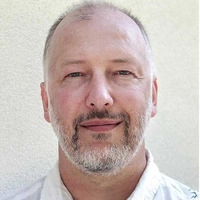
Florent Krzakala
École Polytechnique Fédérale de Lausanne
A 2-week summer course hosted at University College London on analytical tools for probing neural networks and higher-level cognition.
Analytical Connectionism is a 2-week summer course on analytical tools, including methods from statistical physics and probability theory, for probing neural networks and higher-level cognition. The course brings together neuroscience, psychology and machine-learning communities, and introduces attendees to analytical methods for neural-network analysis and connectionist theories of higher-level cognition and psychology.
Connectionism, a key theoretical approach in psychology, uses neural-network models to simulate a wide range of phenomena, including perception, memory, decision-making, language, and cognitive control. However, most connectionist models remain, to a certain extent, black boxes, and we lack a mathematical understanding of their behaviors. Recent progress in theoretical neuroscience and machine learning has provided novel analytical tools that have advanced our mathematical understanding of deep neural networks, and have the potential to help make these “black boxes” more transparent.
This course will introduce:
During the course, you will:
The course will run full-day Mondays-Fridays and end with a 1.5-day workshop, during which you will hear about current state-of-the-art and the limits of our understanding.
All dates are to be intended anywhere on earth time (AoE).
Applications to participate in the 2023 School on Analytical Connectionism are now closed.
This course is appropriate for graduate students, postdoctoral fellows and early-career faculty in a number of fields, including psychology, neuroscience, physics, computer science, and mathematics. Attendees are expected to have a strong background in one of these disciplines and to have made some effort to introduce themselves to a complementary discipline.
The course is limited to 40 attendees, who will be chosen to balance the representation of different fields. In circumstances where all other things are equal, priority will be given to applicants from underrepresented groups in STEM fields, using positive action under the UK Equality Act 2010 where appropriate.
There are no course fees, but attendees are expected to cover their own travel, accommodation and subsistence expenses.
Financial assistance may be available for successful applicants who find it difficult to take up a place for financial reasons. If funding becomes available, successful applicants will be asked to complete a financial aid request form if they need assistance. The amount of financial aid available will depend on the course funding from grants and sponsors.

École Polytechnique Fédérale de Lausanne

Stanford University
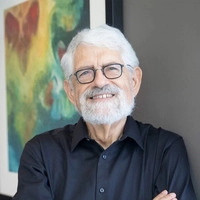
Hebrew University & Harvard University
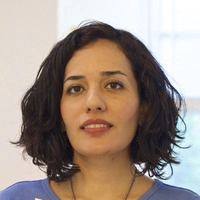
University College London
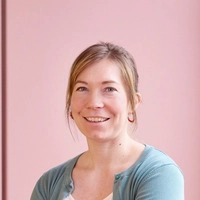
Google DeepMind

Osnabrück University
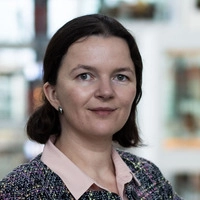
IT University of Copenhagen
This school offers an in-depth exploration of both theoretical and practical aspects of cognition, neural networks, and machine learning. It will focus on analytical models to understand neural network, with connections to real-world machine learning challenges. Key topics include connectionism and how neural networks simulate human cognition, memory, and learning processes, as well as the intersection of computational neuroscience and decision-making.
Topic lectures will cover the role of memory and learning in the brain, insights into large language models (LLMs) and their application to language tasks, and the cognitive mechanisms behind multitasking and decision-making. The course will also examine the neural mechanisms of decision-making and the cognitive neuroscience of language and semantic memory, offering a comprehensive overview of foundational theories and cutting-edge research in cognition and machine learning.
This summer course is made possible by the generous support of the Gatsby Computational Neuroscience Unit (funded by the Gatsby Charitable Foundation), the Flatiron Institute (funded by the Simons Foundation), and Guarantors of Brain.